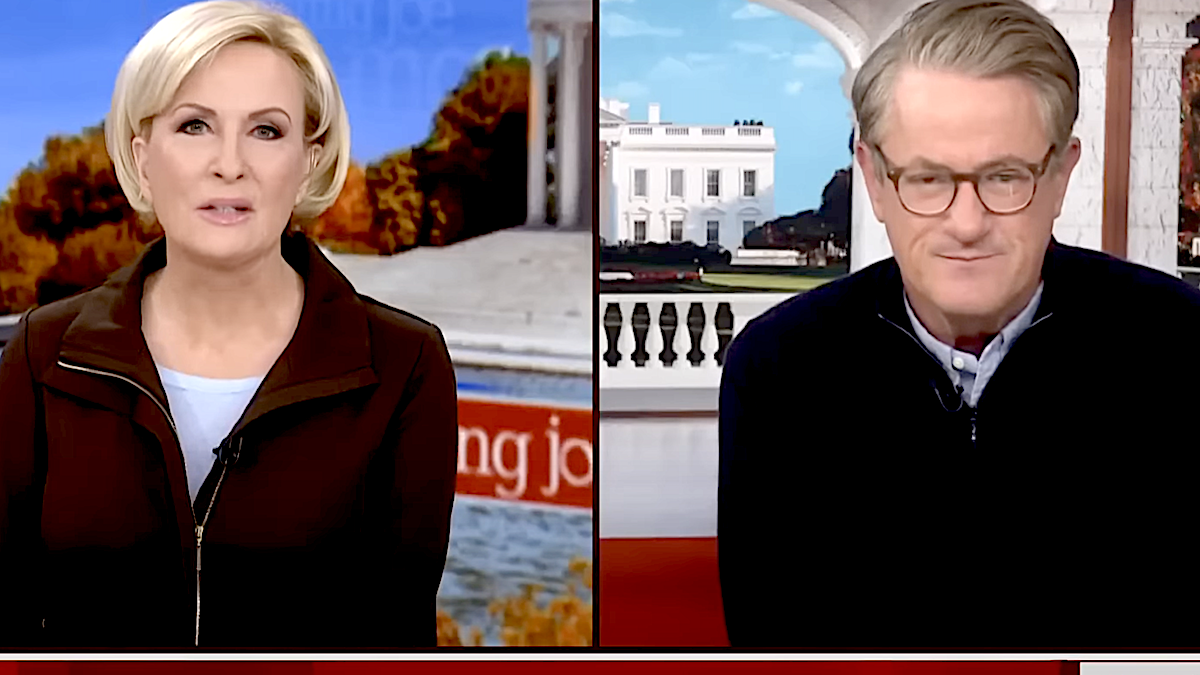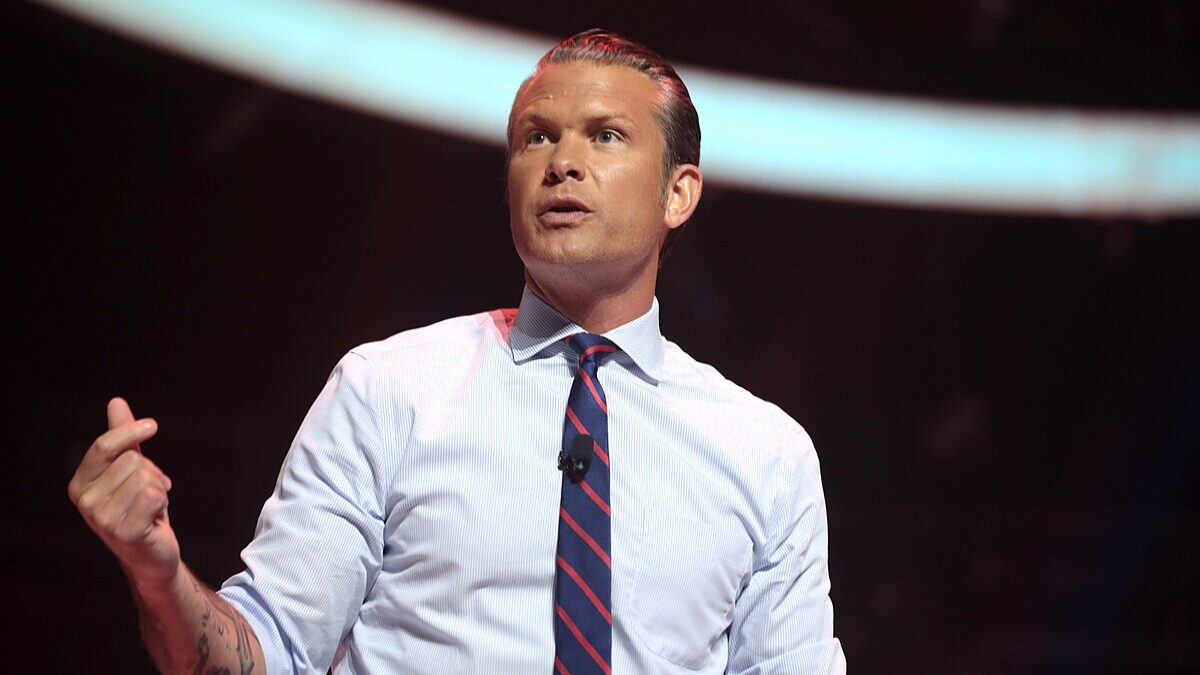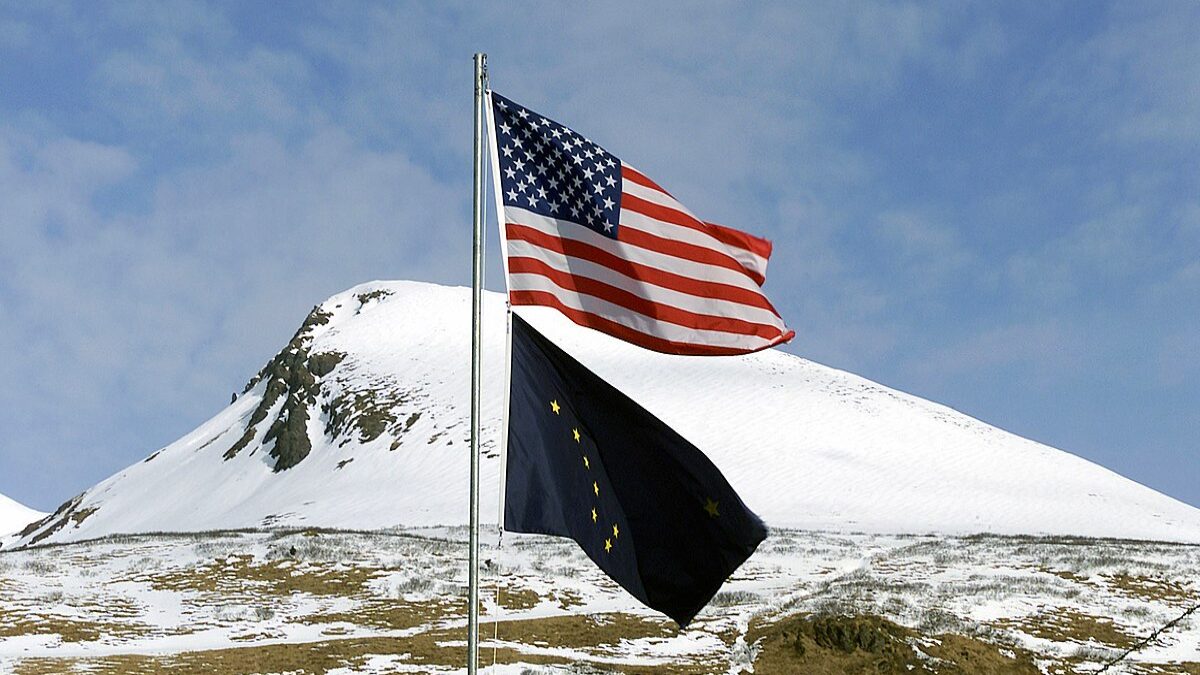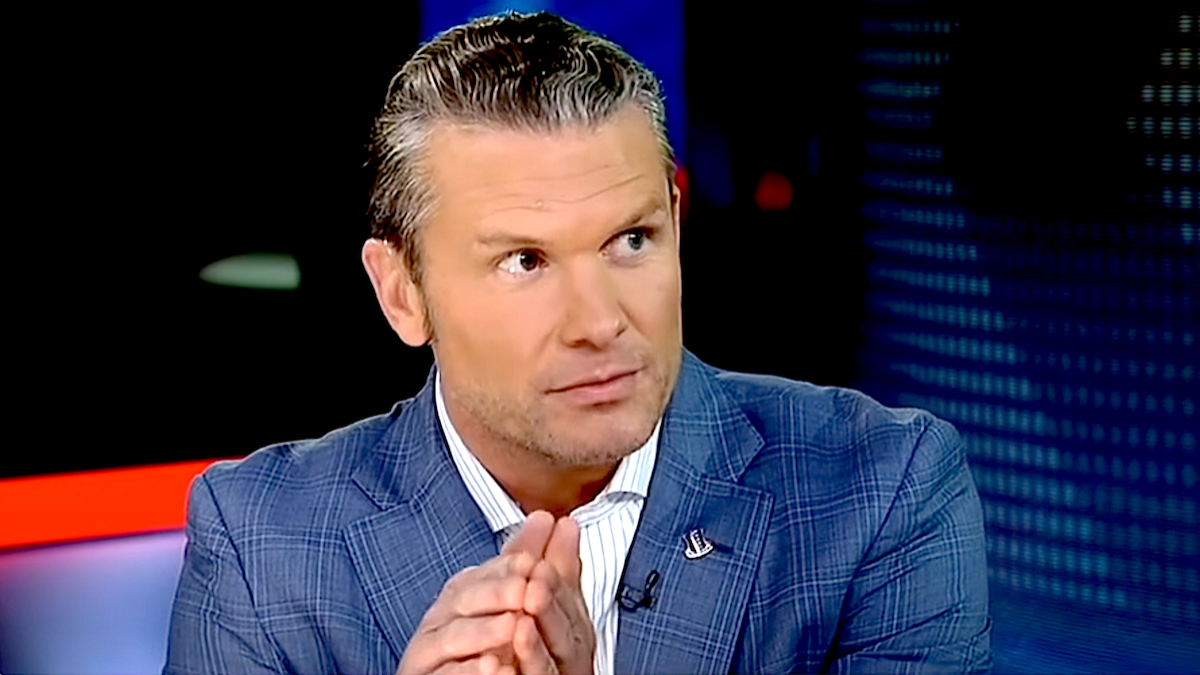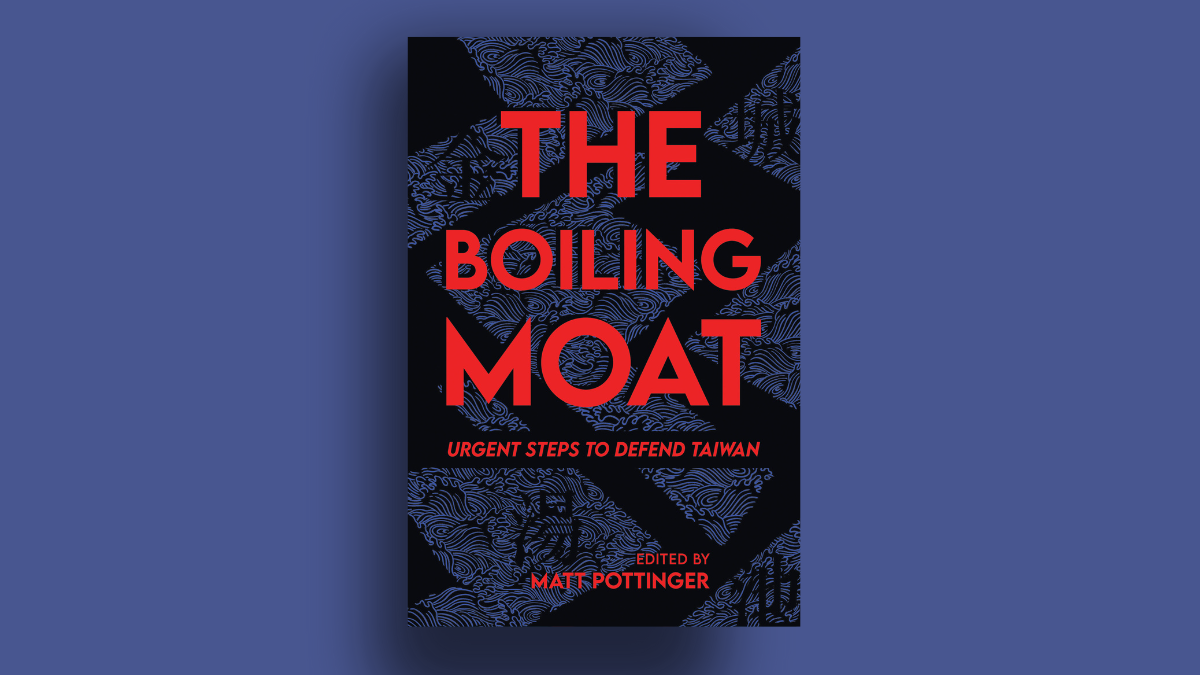
Ross Douthat’s recent complaint about the politicization of sports and sports media struck a chord with many conservatarians. The Federalist’s publisher, Ben Domenech, discussed his critiques of sports media (political and otherwise) on a recent Federalist Radio Hour and a Fifth Estate podcast. While the intrusion of politics into sports and sports media has multiple causes (including the long march of cultural progressivism), one overlooked cause was inadvertently revealed to me by The Federalist senior writer Mary Katharine Ham:
Very Gameday. But it's AARP, Clinton & Trump peeps behind me. https://t.co/uLwLiS486o pic.twitter.com/iucF70pknA
— Mary Katharine Ham (@mkhammer) September 26, 2016
Ham could not be more correct. Presidential pre-debate coverage—whether on CNN or elsewhere—not only tends to look like “ESPN College Gameday” or “NFL Countdown,” but increasingly tends to sound like it.
A host presides over the semi-circular gathering of pundits, many of them old pros, breaking down the latest match in the long-running rivalry between Team Red and Team Blue. The fast-paced banter is laced with spirited trash-talking and nuggets of human interest about the players.
The pre-debate coverage segues into the main event with the sort of graphics package normally heralding a heavyweight prize fight. The analysts try to match the visual glitz with their own vapid hyperbole: “When it comes to this campaign, I’m not much on predictions, Bret, but I will say this: one of these candidates is going to win this debate tonight and the other will almost surely not.”
Putting Politics On Steroids
You may ask yourself: Well, how did we get here? In this case, one major factor may be the Information Revolution. Perhaps it is mere coincidence that sports media—a business built on tribal conflict and boisterous debate—started expanding nationally through radio and cable television during the early 1980s, at approximately the same time “The McLaughlin Group” began national syndication through public television.
It is no coincidence, however, that provocation turned punditry on both topics into ratings. John McLaughlin’s groundbreaking, often contentious panel discussion of the week’s hot-button political news by journalists representing Left and Right spawned imitators. CNN’s “Crossfire” and “The Capital Gang” were two of the most obvious examples, but even the panel discussions that are now staples of the broadcast networks’ Sunday morning shows have some McLaughlin in their DNA.
Notably, the death of “Crossfire” was due in substantial part to Jon Stewart’s October 2004 appearance on the show, during which the “The Daily Show” comedian attacked “Crossfire’s” co-hosts, format, and style. Deriding the reductive theatrics of the show (and, by extension, similar shows) Stewart quipped, “To do a debate would be great. But that’s like saying pro wrestling is a show about athletic competition.”
While Stewart’s attack was effective, his claim that he was beyond similar criticism (and the charge of hypocrisy) was recognized by Jim Treacher and others as the “clown nose off, clown nose on” gambit. The idea that Stewart did not think his nightly political news satire had any serious aspect does not withstand the laugh test.
Mixing Politics and Entertainment for Ratings
“Crossfire” and “The Daily Show” both mixed politics and entertainment for ratings. There was only a difference in degree, which Stewart probably deemed significant because his show ran on a channel called Comedy Central, while theirs ran on a channel called Cable News Network.
Stewart likely feared (with some justification) that the flirtation of “straight” journalism with infotainment would eventually degrade the more serious enterprise. Unfortunately, as cable, satellite, and later the Internet offered an exponential increase of choice in content to viewers, the pressure on every tent to offer its own wild animals and clown cars was probably inevitable.
Indeed, by the time Stewart attacked “Crossfire,” that particular horse had escaped the barn and boarded a ship setting sail on a sea of spilt milk. The name of that ship was the Fox News Channel.
Ten years earlier, NBC had launched a channel called America’s Talking, an attempt to adapt various talk radio formats to television. The hosts included names that may still be familiar: Chris Matthews, Bill McCuddy, Steve Doocy, John Gibson, and even the channel’s president, Roger Ailes. America’s Talking was shuttered in July 1996, but Ailes took the lessons he learned and built Fox News into a massively profitable business. Ironically, MSNBC replaced America’s Talking, and now tries to replicate the Ailes formula for a progressive audience.
Like Reality TV, Clickbait Television Is Cheap
Most accounts of Ailes’s success center on him serving the then-neglected market segment of conservatives. Yet even in a polarized political environment, Fox News often requires liberal co-hosts and guests because—as with sports media—people will tune in for the conflict and the competition. The larger insight Ailes gleaned from America’s Talking and refined at Fox, however, was just as important and simple: it is cheaper to produce television shows discussing the news than to produce traditional journalism at a world-class level.
The Information Revolution expanded competition for an audience not only by subject-matter, but also to a 24/7 programming cycle. The audience turnover during that cycle, however, makes it possible to focus on serving the hottest takes on the hottest news, rather than spending more money to cover more stories, especially if those additional stories are less immediately compelling to viewers. Much the same can be said of most sports programming compared to the cost of broadcast rights and coverage of the events themselves.
In sum, powerful technological and economic forces have driven most forms of journalism into the infotainment business to one degree or another. The clickbait environment of the Internet is merely the most recent iteration of this dynamic.
At least one and perhaps two generations of Americans have grown up in an environment where the ESPNization of politics and political media has become normalized. It is just one part of a world where a vast sea of content blurs once-established lines between politics and entertainment, between the real and the scripted.
It may not be surprising if these younger generations of Americans see far less of a barrier between political media and sports media, or between politics and sports. The tribalism, the banter, the scorekeeping (by way of public opinion polls), the highlight reels, the dramatic music and sound effects, and even the tickers at the bottom of the screen are all too familiar.




